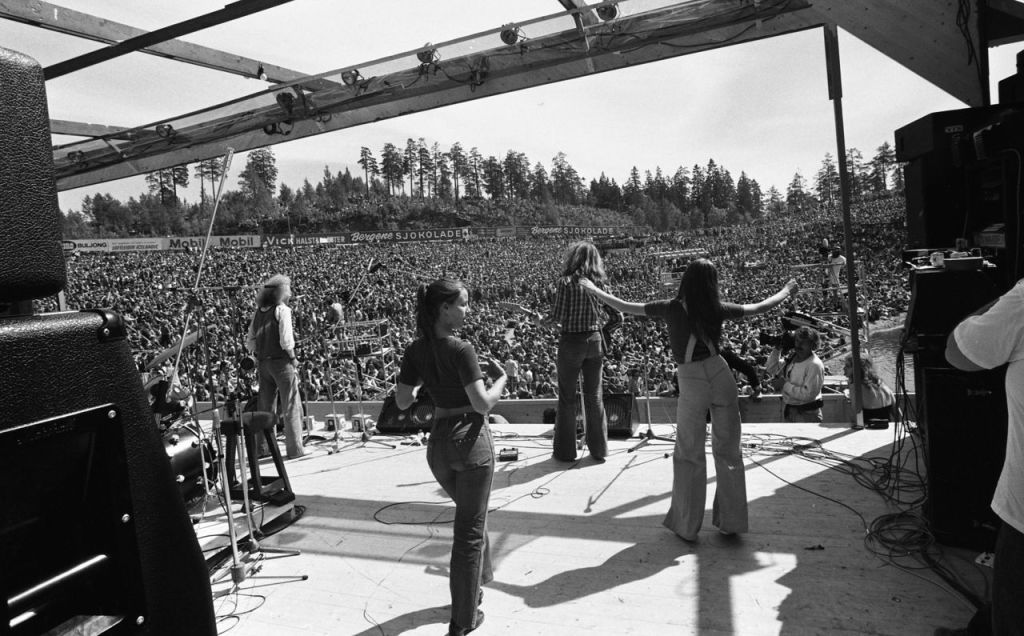What is the most important asset a business can have? If an intelligent entrepreneur could ask for just one guarantee for a successful venture, what would it be?
A great product? Brilliant staff? A bullet-proof business plan? Great financial backing?
None of those will guarantee business success, but one thing will.
A critical mass of customers that trust you.
Kevin Kelly (CEO of Fast Company) said in an article several years ago that all performing artists needed was 1000 true fans. 1000 fans who would travel 8 hours to see you play. 1000 fans who pre-order your album. 1000 fans who want to buy the collector’s edition. Once an artist has this critical mass of fans, she can basically do whatever she wants as long as she keeps those fans happy.
How does this relate to your business? How many true fans do you need? Fans who would buy a new product before it hits the market. Fans who will take the premium package without blinking. Fans who won’t complain if you raise your rates because they already know they are getting great value. How many of these people do you need so you never have to worry about trying to attract new business? How many would you need to feel content and successful?
Once you have a number, your entire marketing strategy is to find, create, and satisfy those fans.
Every decision must be run through the filter of “How will this affect my true fans?”
Thinking of changing your logo? What will the true fans think?
Planning on removing an outdated service? Do your true fans still use it?
Launching a new product? How will the true fans respond?
The critical mass of your Ideal Audience might be in the thousands, or it might be in the dozens. A company that sells tongue scrapers is going to need significantly more fans than one selling large concrete cooling machinery. But in both scenarios, an intelligent marketing strategy starts with creating something that appeals to the true fan.
Most big companies don’t think with this kind of ‘tribe’ mentality. They think in terms of shopping malls. They go to the biggest mass of people, put up some signs, make some noise, earn some money, and then close their doors. There are no assets, no relationships, just strangers making transactions. And every day, these companies hope for more transactions with more strangers than yesterday.
Traditional marketing relies on finding the biggest group of strangers you can, and praying that a few of them stick around long enough to pay.
Why not make the smart move, and start doing business with people who already love what you do?
